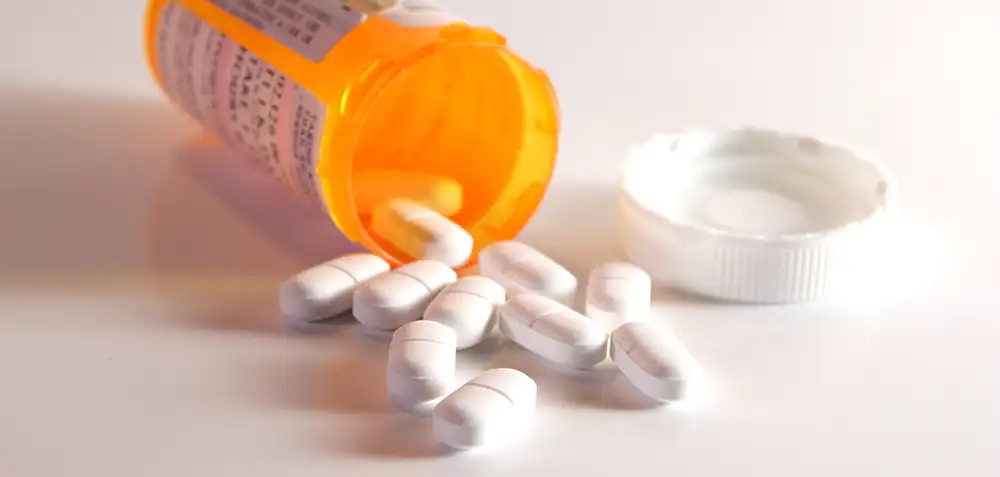Premier Drug Addiction Rehab in Massachusetts
Topsail Addiction Treatment provides several levels of care for those in Massachusetts and surrounding states who need help detoxing or recovering from a drug addiction. Our three addiction recovery programs include the following list. Click on each to learn more:
What is Drug Addiction?
Drug addiction is a chronic disease characterized by drug seeking and use that is compulsive, or difficult to control – despite potentially harmful consequences to them and others around them. Repeated drug use can lead to changes in the user’s brain that impact self-control and interfere with their ability and will-power to resist the physical and mental rewards that taking drugs give them.
What Causes Drug Addiction?
According to the National Institute on Drug Abuse, people begin taking drugs for a variety of reasons, including:
- to feel good — feeling of pleasure, “high”
- to feel better — e.g., relieve stress
- to do better — improve performance
- curiosity and peer pressure
While these may seem like harmless activities to some extent, most drugs impact the brain’s “reward circuit.” that is designed to reinforce behaviors that are beneficial and healthy to the person, such as eating, sleeping, sex, or just spending time with others.
Drugs override the normal reward system and flood the brain with dopamine, a chemical that provides a euphoric feeling for the user. This reinforces negative or unhealthy behaviors and makes addiction so challenging to and relapse so commonplace. To compound the problem, the longer an individual uses drugs, the less effective they become. Their body adapts and delivers less of the reward, which causes the person to seek it even more to recapture the “original high.”
Types of Drug Addictions
Different substances impact individuals in different ways. But all can be dangerous if they reach the point of addiction. Some of the more common types of substance addictions include:
- Marijuana addiction
- Addiction to prescription pain killers, such as codeine and oxycodone
- Addiction to Heroin and other Opioids
- Addiction to Synthetic Opioids such as Fentanyl and Methadone
- Cocaine addiction
- Crack addiction
- Addiction to Methamphetamine and other stimulants
Symptoms of Drug Abuse
People with addictive disorders may or may not be cognizant of their problems and everyone experiences symptoms differently. In general, symptoms of drug abuse are grouped into four categories:
- Impaired control: a craving or strong urge to use the substance; desire or failed attempts to cut down or control substance use
- Social problems: substance use causes failure to complete major tasks at work, school or home; social, work or leisure activities are given up or cut back because of substance use
- Risky use: the substance is used in risky settings; continued use despite known problems
- Drug effects: tolerance (need for larger amounts to get the same effect); withdrawal symptoms (different for each substance)
Many people experience mental illnesses concurrently with their addiction. The mental illness may have been preset before the addiction or addiction may have triggered the mental illness. Regardless of how it originated, proper diagnosis of a co-occurring mental illness is an important factor in determining the best course of treatment.
Secondary symptoms of addiction include health problems, social problems, problems at work, and home. The addiction may cause health problems as well as problems at work and with family members and friends. The misuse of drugs and alcohol is the leading cause of preventable illnesses and premature death.

What are the Treatments for Drug Addiction?
There are many options that have been successful in treating drug addiction, including:
- Behavioral counseling
- Medication to treat withdrawal symptoms or deliver skills training
- Evaluation and treatment for co-occurring mental health issues such as depression and anxiety
- Long-term follow-up to prevent relapse
Drug Abuse Treatment in Massachusetts and New England
Drug abuse and addiction have impacted nearly every community in Massachusetts and New England. Topsail Addiction Treatment is located centrally for people living in Greater Boston, the North Shore, Metro-North, Southern New Hampshire or anywhere in Massachusetts, New Hampshire.
We have a dedicated, caring, and professional staff with proven experience in helping people overcome their addictions and take back control of their lives.
At Topsail, we understand the importance of having a comfortable and convenient place to work on your sobriety.Our facility in North Andover MA offers a serene and discrete environment to work through your substance abuse challenges. Topsail Addiction Treatment is easy to get to and convenient to Route 128, Route 495, Route 95 and Route 93.















